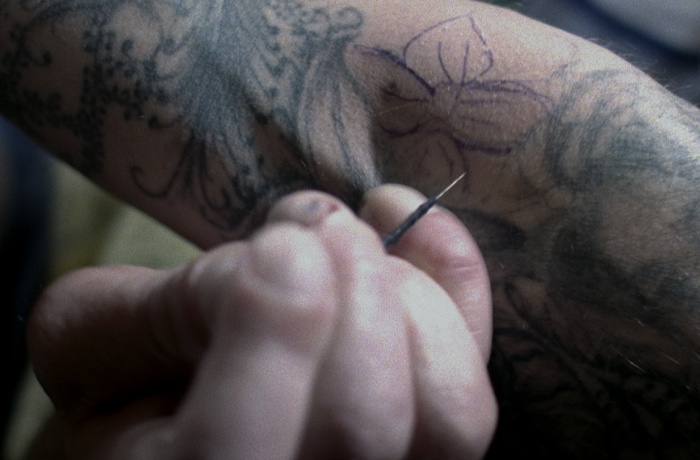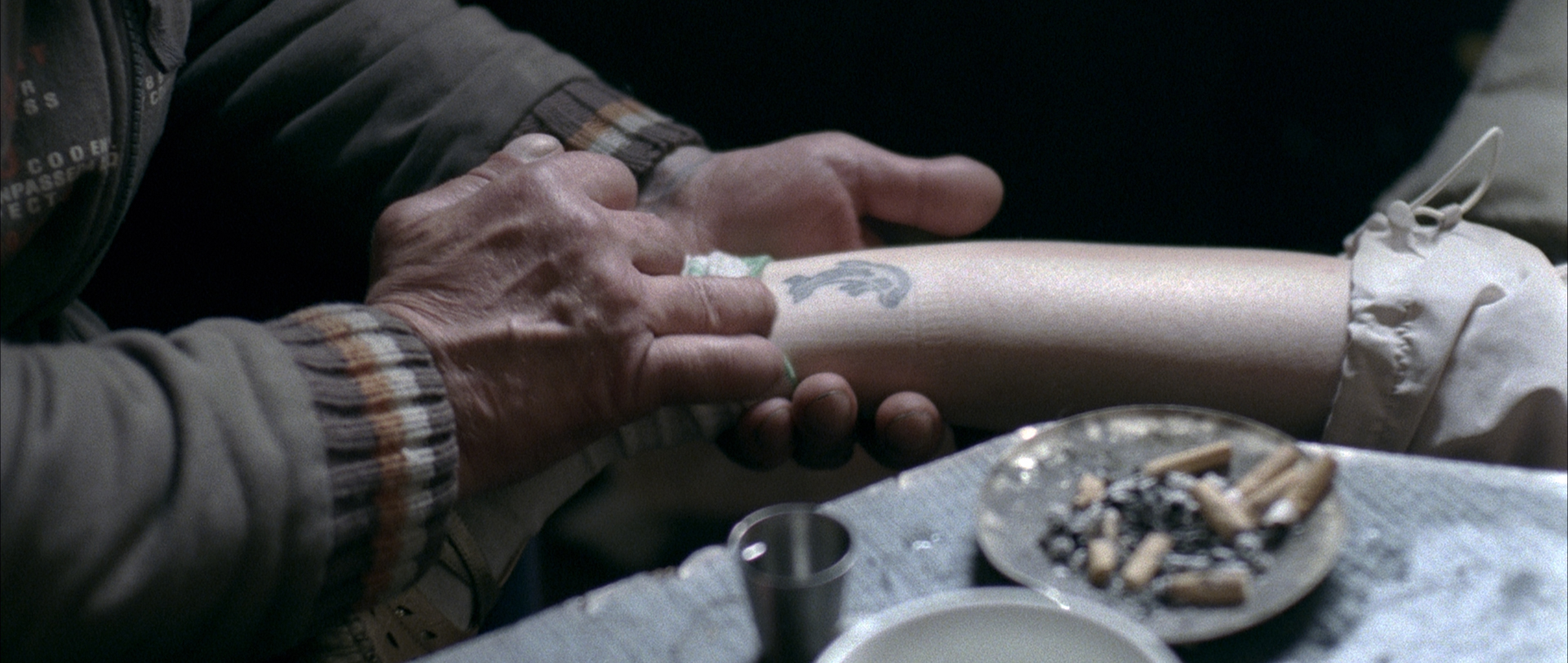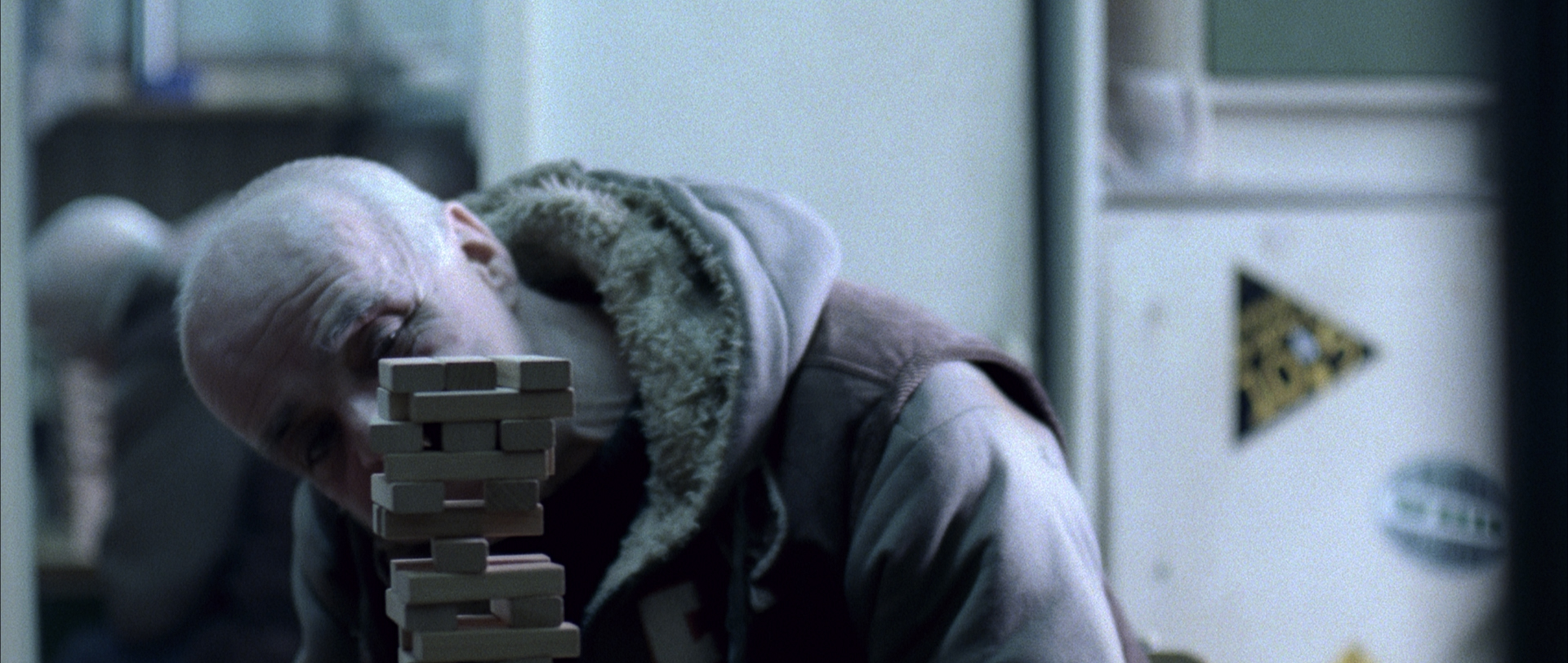
- Philosophy of Human Rights
- Human dignity
- Places of captivity
- Employees of penitentiary system
- Institutions of the state penitentiary system of Ukraine
- Journalists
- Lawyers
The main protagonist is a homeless alcoholic living in the dregs of society. He is a tattoo enthusiast, and has almost all of his body covered in ink. Each tattoo tells a different story, of which there were many. Despite the uneasy possition he finds himself in, he is trying to take his life into his own hands once again and make up for the wrong he did in the past. After many years apart he is trying to reconnect with his siblings. Althogh his sister ignores his telephone calls and his brother doesn’t want to speak with him, he doesn’t give up hope that something may still change in his life. Martin Rath’s beautifully shot documentary shows how difficult it is to erase what has already happened in the past from the memory by revealing how deeply each new experience marks one’s life.

Martin Rath spent his childhood in East Berlin. After getting expelled from school, he worked as a life-guard at the local swimming pool. After saving several lives, Martin attended Edinburgh College of Art before holding several jobs, including positions at the Edinburgh Road Services and the Department of Psychiatry at the Edinburgh Royal Infirmary. After longer spells as a furniture mover in Norway and a carpenter in Iceland, Martin started studying Directing at the National Polish Film School in Łódź. He is an author of the short fiction film Like Father like Son (2009). Written in Ink is his first documentary.






